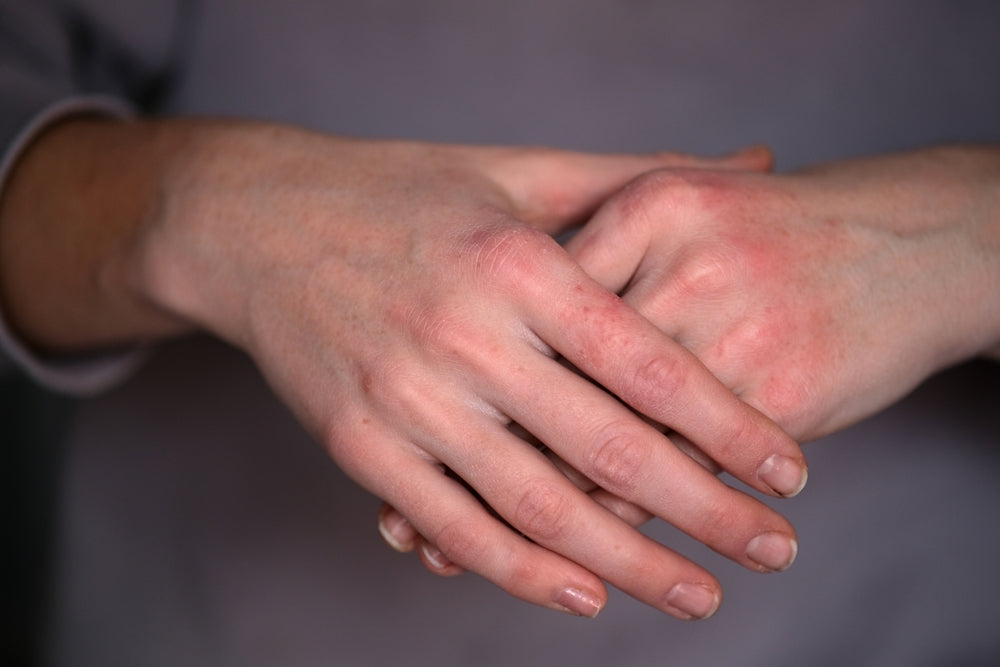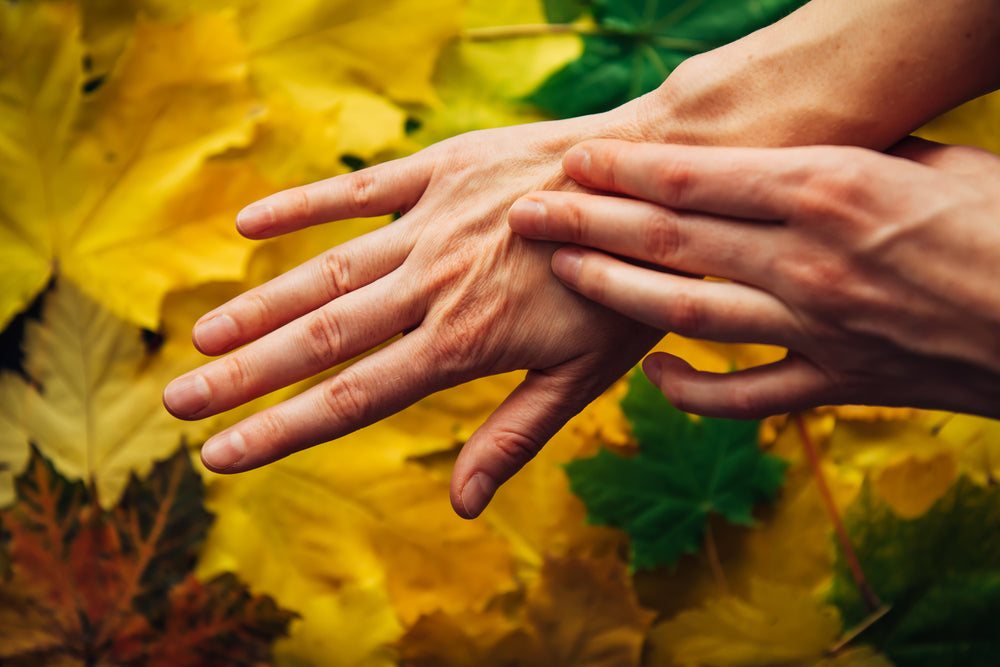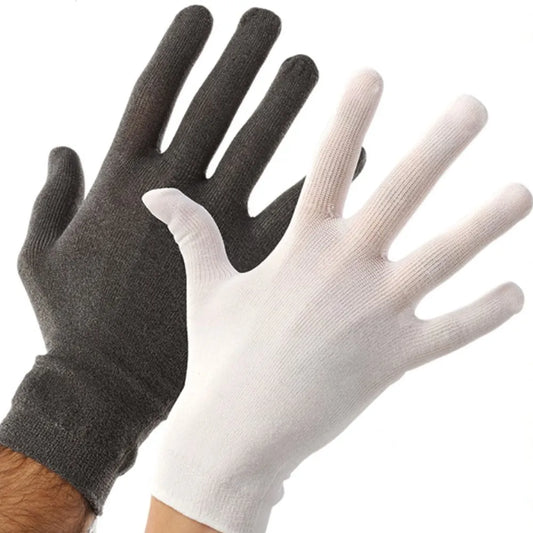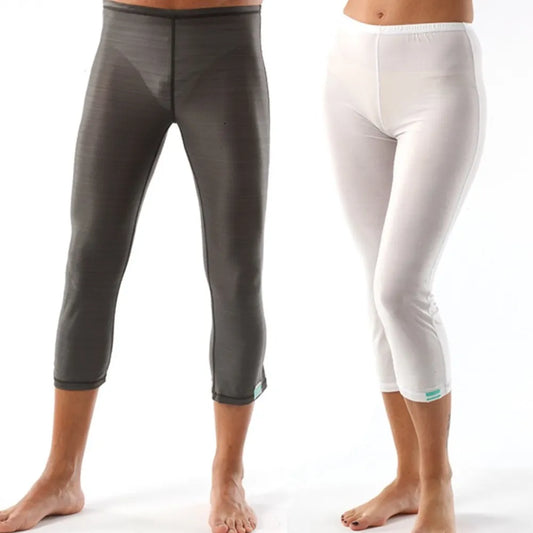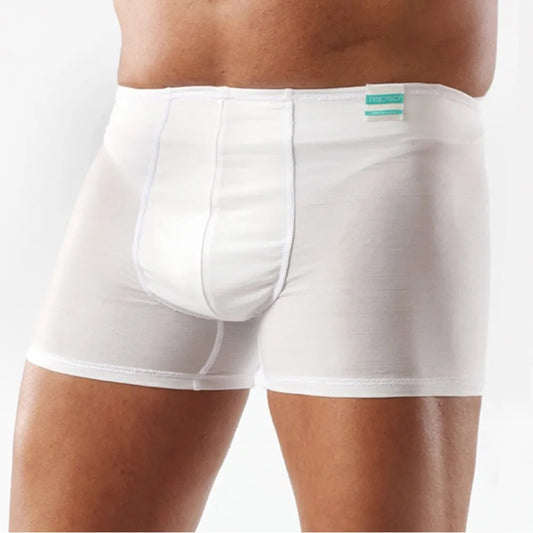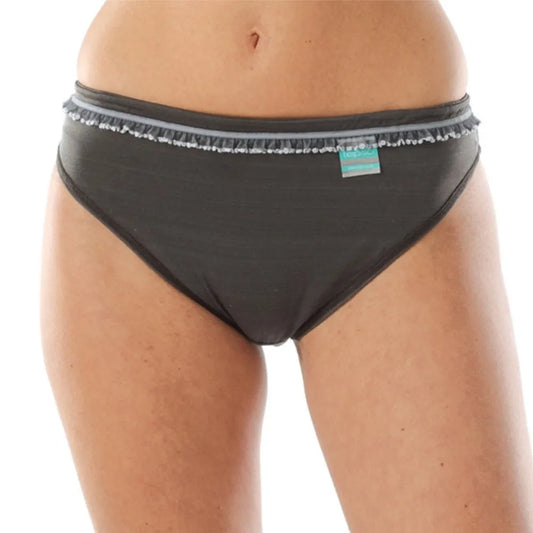The wet and windy weather of a typical British winter wreaks havoc with the hands of eczema sufferers. We look at why hands are so prone to chapping, ways to minimise the risk of chapped hands and how to treat them.
Why do hands get chapped in winter?
The skin on our hands gets a lot of exposure to the elements and this makes it vulnerable to dryness and chapping.In the winter especially the extremes of artificial heating inside and cold air outside can really dehydrate the skin. Wind is particularly drying – cold wind is even worse.
Add in lots of handwashing and it’s not surprising the skin on your hands is more prone to chapping than the skin on the rest of your body.
Eczema sufferers have much drier skin than the majority, making them particularly vulnerable to the soreness and cracking of chapped hands in winter weather .
Top tips for managing hand eczema in winter
Find the cause – Working out what is causing the dry chapped hands will help you to find an effective solution faster. Common reasons hands become dry and chapped include being exposed to the cold and wind, irritants like soap, and frequent handwashing.
Moisturise – First and foremost moisturise, moisturise, moisturise (then moisturise a bit more). Decanting creams into cosmetic sample pots so you can always have some in your bag, in the car, and in a coat pocket means you’re not going to be caught short. Aim for five to six moisturiser applications a day.
Switch up your emollient - Switching to a heavier, more oily emollient as the weather changes can make the world of difference. As a guide the stiffer more viscous an emollient is, the more oil it contains. While a runny hand lotion with a convenient pump to dispense it might be great in the summer months, switching to cream or even ointment in a squeezable tube is likely to help in the winter.
Wear gloves – Protecting your hands with windproof, water resistant gloves whenever you venture outdoors will minimise exposure to drying winds. You'll find that cracks heal faster if they are well moisturised and protected. If you find regular winter gloves uncomfortable, try wearing our super smooth eczema gloves as a base layer under slightly larger regular gloves or mittens.
Use gentle soap – According to an article on Harvard Health Publishing, ‘Intact skin acts as a protective barrier. Frequent exposure to water and the use of oil-stripping soaps and drying alcohol found in hand sanitisers diminish the healthy fatty compounds in the top layer of the skin. The result is an impaired skin barrier.’ While emollients can used for bathing and showering, you do need to use a soap for effective handwashing (see below). Chapping can further aggravate sensitivity to allergens. When choosing a hand soap, avoid those that contain sodium laureth sulphate, parabens, and MCI, and be sure to rinse your hands thoroughly to remove any irritating residues. Traditional hard soaps typically have fewer ingredients than liquid soaps and need less preservatives so are worth trying.
Moisturise after handwashing – Harvard Health Publishing advises ‘while skin is still slightly damp, apply a thick moisturiser to lock in moisture immediately and restore the skin’s barrier.’ Make sure that your bathroom has a lever-style handle – freshly moisturised hands and round doorknobs aren’t a good combination.
Moisturise and cover at night – A good thick layer of emollient held in place with gloves or even a pair of cotton socks (cut the toes off if you what to be able to turn the pages of your book) will give yours hands a chance to heal while you sleep. This is known as dry wrapping and has the double advantage of keeping the emollient in contact with your skin and keeping it off the bed sheets. Most eczema gloves (and socks) will absorb a good portion of emollient rather letting your skin absorb it over time. Not our night gloves, the super smooth Tepso fibres are too dense to absorb eczema creams, leaving the emollient against your skin until it is absorbed, maximising healing while you sleep.
Watch for infections - Cracked and damaged skin is prone to infection, especially on the hands, which come into contact with so much bacteria in day to day life. Contact your doctor if you notice any signs of infection (redness, unexplained heat, or yellow/orange weeping).
What to look for in a hand moisturiser
During the winter months, you are likely need a heavier cream or ointment rather than a lotion to provide a barrier as well as moisturise. Vaseline is a reliable go-to although it can be very greasy. Other good moisturising ingredients to look out for are dimethicone, cocoa and shea butter or beeswax. If you can, avoid moisturisers with a long list of unpronounceable ingredients - these are likely to contain potentially irritating preservatives and fragrances.
Bear in mind that the best cream is one you actually like and are comfortable using. You may find that you want a heavier ointment for nighttime use but a lighter cream for the daytime. We find the petroleum and paraffin-based ones are particularly heavy on the skin and take a long time to soak in which is fine a night, but impractical during the day.
As with most eczema related things, finding the right moisturiser for you is going to be a case of trial and error. The Body Shop has an excellent range of moisturisers and the staff have a list of which products are free from specific nasties. Furthermore, they will give you sample pots to try at home – perfect for decanting your preferred cream into as recommended above!
And finally…
Washing hands with emollients or soap substitutes is not effective against Covid-19 so even eczema patients should use soap and then apply emollient.
The Covid-19 virus has a lipid outer coat (a layer made of fats) this means that it’s killed by soap or detergent because that disrupts the fat – like washing up liquid lifts grease off plates – so you need soap or detergent when hand washing. While Covid-19 is still at large everyone should be using soap and water to wash their hands, but eczema sufferers should continue to bathe in soap substitute to avoid a flare of eczema all over!
Hand sanitisers contain alcohol in sufficient concentration to disrupt the viral coat, but this alcohol will sting on any breaks in the skin and will dry the skin even more than soap does.

